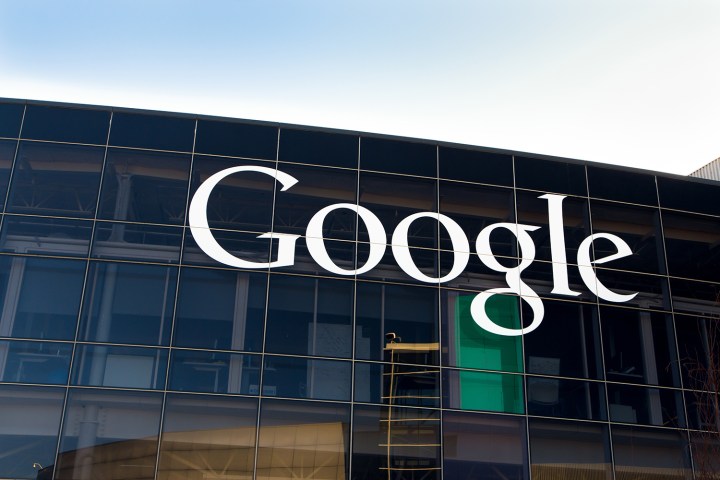
The European Commission alleges that Google is using Android’s dominant market share as a way to push its own apps and services, like Search, Drive, YouTube, and Google Maps. Anyone is free to use Android, but if a manufacturer wants access to the Google Play Store — where about 2.6 million apps reside — they have to sign the Mobile Application Distribution Agreement and prioritize Google’s apps.
Manufacturers can still preload their own apps or ones from competing services like Microsoft — this is one of the points BT calls out in its letter to the European Union. According to Reuters, BT said the carrier is “free to preinstall its own or third-party apps on devices alongside preloaded Google apps.”
“We also said that, as an app provider, we value the ongoing stability and compatibility of operating systems, whether they are ‘open source’ or ‘closed source,'” a BT spokesperson told Reuters.
If a manufacturer wants to preload Google apps, they must sign the Anti-Fragmentation Agreement and not sell devices running a modified version of Android — Google says this ensures that apps are able to work across a wide number of
“Our voluntary compatibility agreements enable variety while giving developers confidence to create apps that run seamlessly across thousands of different phones and tablets,” Kent Walker, Google’s general counsel, previously wrote in a blog post. “This balance stimulates competition between Android devices as well as between
It’s unclear why exactly BT decided to send a letter announcing its position on the case, but it is Britain’s largest operator so its words likely won’t be taken for granted.
Editors' Recommendations
- Google just released the first Android 15 beta. Here’s what’s new
- Google just announced Android 15. Here’s everything that’s new
- Google loses landmark antitrust lawsuit against Epic Games
- When is my phone getting Android 13? Google, Samsung, OnePlus, and more
- How Android 14 is Google’s secret weapon to make Android tablets great

